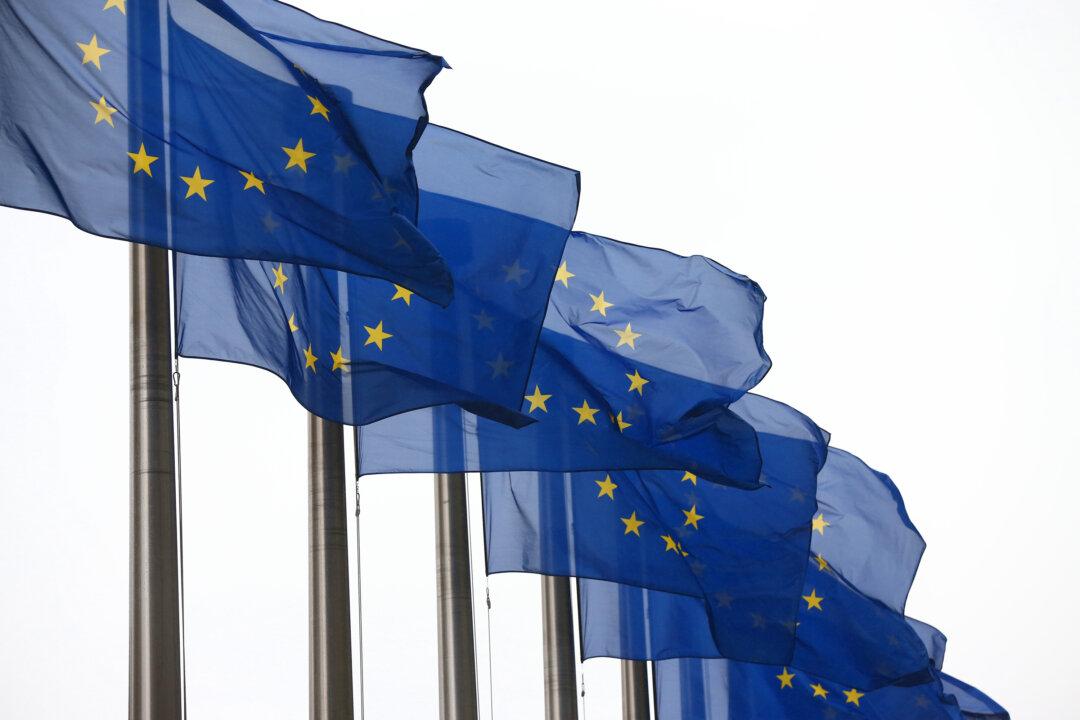The European Union’s golden visas have been closed or tightened one after another, with the wealthy Chinese most affected. At the same time, however, Russia and some African countries are now offering golden visas.
Starting March 16, the Portuguese government stopped issuing golden visas. Announcing the decision last month, Portuguese Prime Minister Antonio Costa said the move was to “combat speculation in property prices.”





